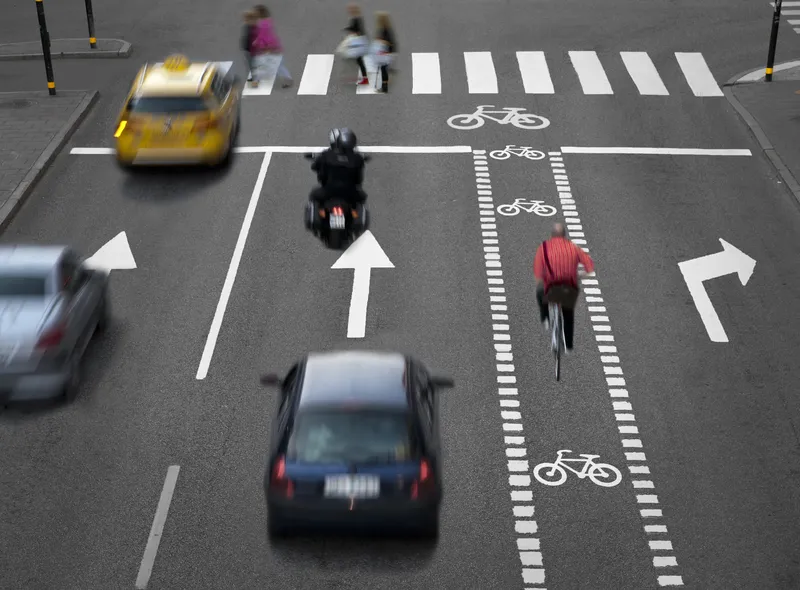Daimler and Google have announced a deepening of their strategic partnership to provide Daimler with access to the suite of application programming interfaces (APIs) known as Google Maps API for Business for the use of cloud-based, map-related applications in Daimler vehicles and early access to other new APIs as they are developed. The collaboration will enable Daimler to use Google Maps for their in-car map displays, and significantly improve their ability to quickly and seamlessly integrate useful Google
March 23, 2012
Read time: 2 mins
Google and Daimler have been working in close partnership for many years. In 2007 Daimler was the first automotive manufacturer in the United States to launch the Google "Send-to-Car" functionality in a vehicle. This gave Mercedes-Benz customers the opportunity to easily send destinations from Google Maps to their in-vehicle navigation systems. As of 2011, Mercedes-Benz offers Command Online, a telematics system with cloud-based Mercedes-Benz apps that brings Google Street View, Panoramio and local search technologies to most Mercedes-Benz passenger cars. The company’s customers also have the opportunity to send individualised routes from Google Maps to their vehicles, as Daimler is first-to market with the implementation of this Google service. In the second quarter of 2012 all these services will also be available with mbrace2 to Mercedes-Benz customers in the USA.







